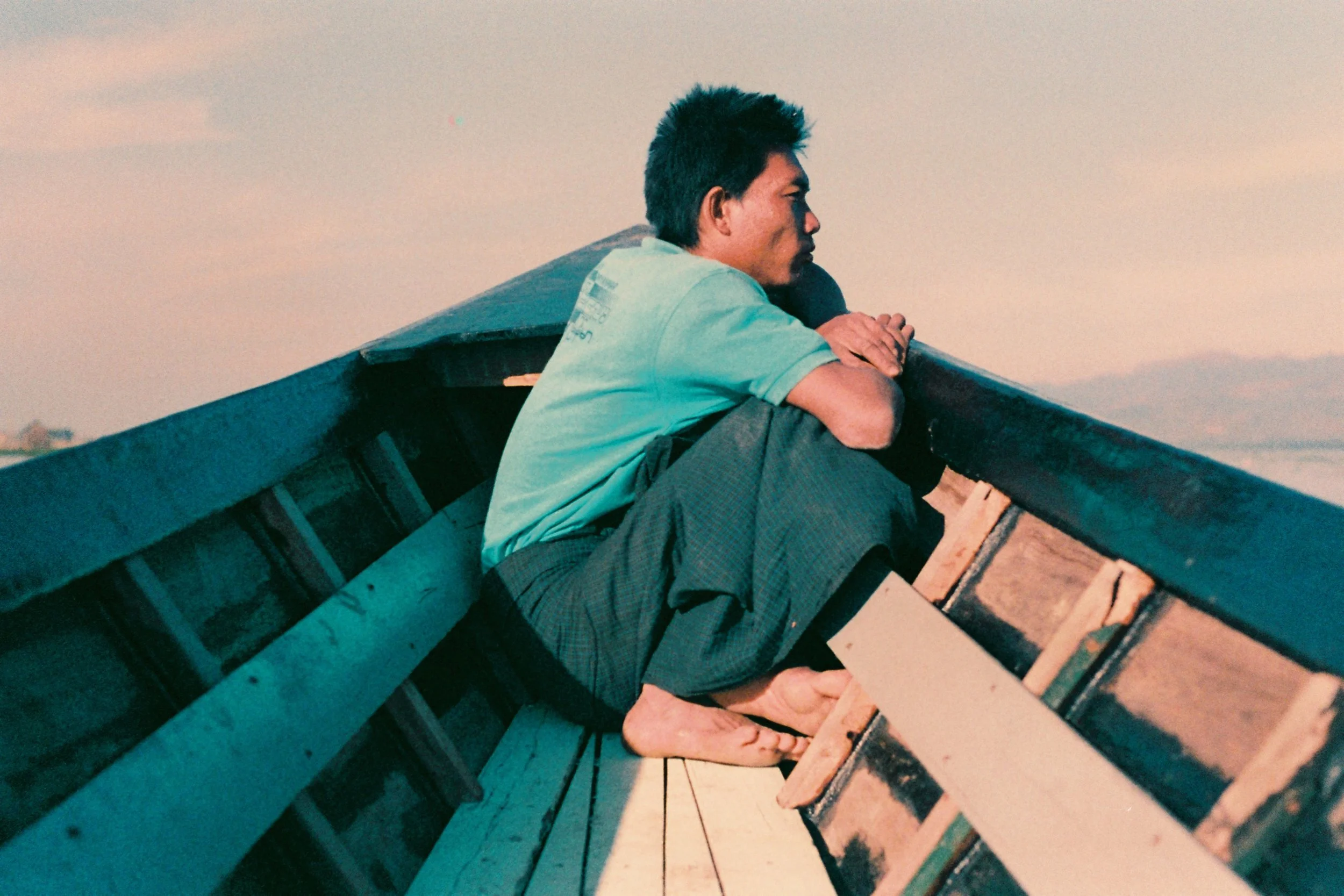In this article, Miguel Castillo, a healthcare professional with over 10 years of experience at field level and hospital-based facilities in conflict-affected, developing and western countries, discusses his experience during the Rohingya crisis, highlighting the critical role of digital solutions in enhancing healthcare in humanitarian settings. The COVID-19 pandemic accelerated the adoption of such technologies, improving healthcare coverage globally, including in crisis-affected areas. The focus is on the digital transformation of health services, emphasizing the importance of technological infrastructure and the challenges in transitioning to digital systems. Key aspects include the expansion of 5G technology and increased smartphone accessibility, especially in low-and-middle-income countries. The article projects a significant rise in smartphone adoption by 2030, driven by affordability, and explores how these advancements improve health coverage in humanitarian situations.






